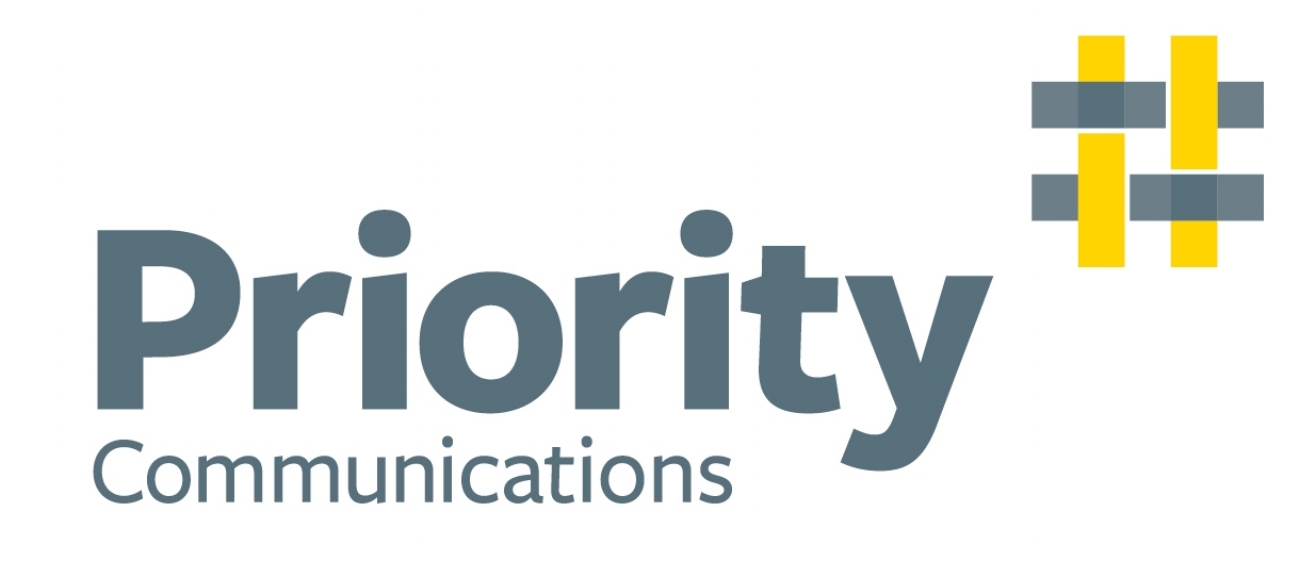When I was a journalist, my colleagues and I used to talk about public relations consultants as having gone to the dark side.
PR was a place where people could dwell in the murky depths of defending the indefensible, or stuffing glitter into envelopes to make sure the recipients of their latest promo really noticed them.
PR has been around since the beginning of the last century, but the role of the industry in improving understanding and helping companies and people to be heard, has become much better understood in the last 20-30 years, even amongst journalists.
If you are thinking of employing a public relations consultant or consultancy, there are a few things to consider to ensure they have the knowledge and experience to give you the advice you need.
Firstly, the lead consultant needs to have completed qualifications in PR, whether that is international accreditation in public relations or a university degree in communications, or preferably both.
Public relations practitioners who have recently made the switch from journalism and not had any formal training are still learning the ropes. If people are going to hang a sign on the door and call themselves consultants, I believe it is essential they know the theory behind what they do everyday and have a full complement of tools for their clients.
Experience is also vital for public relations consultants. It is all very well to know the theory behind managing a reputational crisis, but there is absolutely nothing like being in amongst it.
It’s not until you have a portfolio of well-managed issues up your sleeve that you can honestly start to predict what the next twist or turn might be.
A good understanding of public relations ethics is essential – not only to keep the consultant safe but also to protect the clients they are working with. The Public Relations Institute of New Zealand (PRINZ) has a code of ethics covering everything from advocacy and honesty to conflicts of interest, professionalism, balancing openness and privacy, and the need to be law abiding.
Other things to consider when engaging a PR consultant or consultancy include their areas of specialisation, references and testimonials from past and present clients, how they charge, and any potential conflicts with other clients.
Choosing the right PR consultancy will make a significant improvement to the way most businesses communicate, helping them to build mutually beneficial relationships with everyone that matters to them, including their customers, the public, their board of directors or staff.
